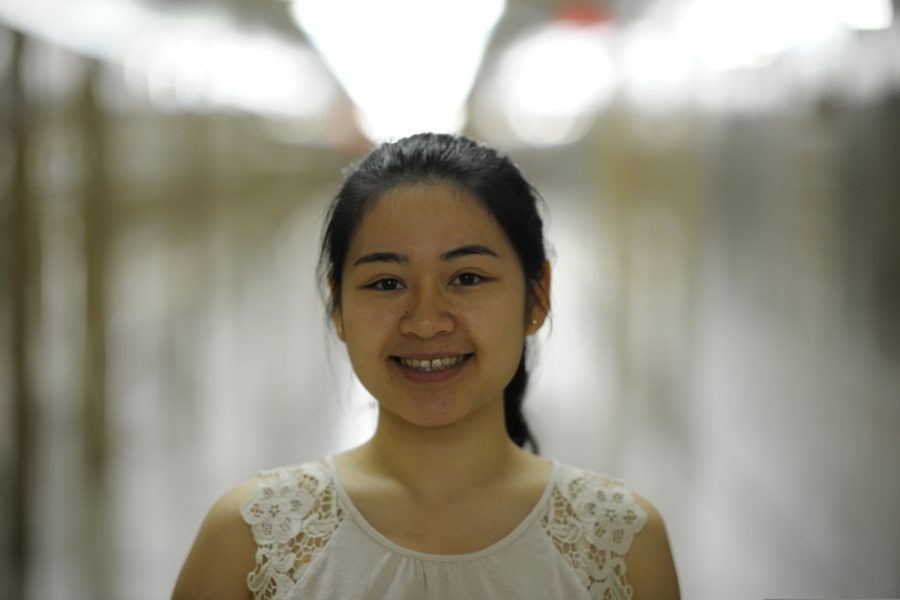Food for Thought
How what we eat impacts the environment
Alysa Chen ’19, president of LEAP club, shares her thoughts on the correlation between food and climate change.
Recently, there has been a surge in environmental activism both within Bronx Science, as well as the rest of the country. As we realize that the window of time left to reduce the effects of human activity on climate change is becoming increasingly narrower, we are looking for new ways to help save the planet. Little do some know, one huge culprit of global warming comes directly from our plates: the livestock industry.
In a 2018 report by the United Nations Intergovernmental Panel on Climate Change, it stated that the world has just twelve years to decrease emissions and prevent the worst impacts of climate change. Additionally, according to the Food and Agriculture Organization of the United Nations, mass farming of livestock contributes approximately two-thirds of agriculture’s greenhouse gases and seventy-eight percent of its methane emissions. “Not only are there dangers of famine and drought in the near future, the rising calamity of greenhouse gas emissions threatens the future of all species alike. The beef industry is a massive polluter because of the methane emissions that are released from cows and their waste. The way we live and eat is unsustainable for our current and future populations,” said Alysa Chen ’19, president of the League of Environmental and Animal Protection (LEAP) club.
What can we do about all of this? The answer is simple: reduce our poultry, meat, and dairy intake. Of course, for some, due to dietary or religious restrictions, or simply personal preference, the complete removal of animal products from their diet may not be feasible. However, even a small reduction in our animal product intake would make a large difference. Although a vegetarian or vegan lifestyle would be ideal, small, incremental changes to our diet and lifestyle would have significant benefits as well. For instance, going one to two days a week without consuming meat or dairy would be an excellent way to start.
“The way we live and eat is unsustainable for our current and future populations,” said Alysa Chen ’19
Realistically speaking, not everyone wants to or has the option to completely stop eating animal products. The best solution for this lies in local organic farming. Most of the food in supermarkets comes from hundreds of miles away and transporting livestock over large distances contributes to air pollution. By sourcing produce, meat, and dairy from local farms, the emissions from long distance transportation will be reduced immensely.
Another solution is cultured, or lab-grown meat. The process is quite simple: tissue is taken from the animal, stem cells are extracted from the tissue and then grown into muscle fibers. Researchers claim that cultured meat would not only be better for animals and the environment, but for us too. Because the muscle fibers do not produce any fat, cultured meat is essentially lean meat. While lab-created plant-based burgers, such as the Impossible Burger, have already been placed on restaurant menus, cultured meat is not far behind. Soon, they will be on grocery store shelves as well. “This would allow people to continue consuming meat, but not at the expense of the animal,” said Chen.
With the alarming rate at which sea levels and annual temperatures are rising, it may seem as though hope is lost. Together, we can help reduce climate change by taking small steps and incorporating minor lifestyle changes. It is our duty to do so for the future of us and the planet.
Payel Islam is a Staff Reporter for ‘The Science Survey’ and Copy Chief for ‘The Observatory.’ She enjoys capturing moments through journalistic...
Max Jaffe is a News Editor for ‘The Science Survey’ as well as a Senior Yearbook Groups Sections Reporter for ‘The Observatory.’ He enjoys writing...

